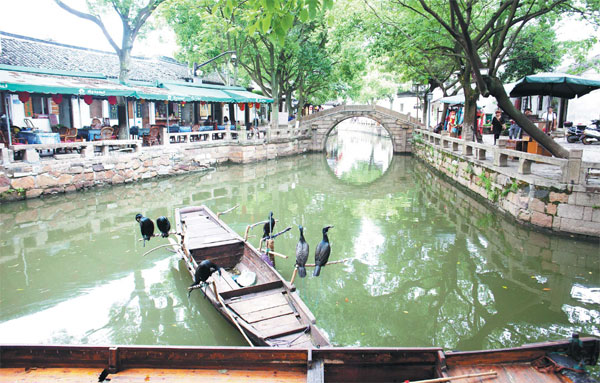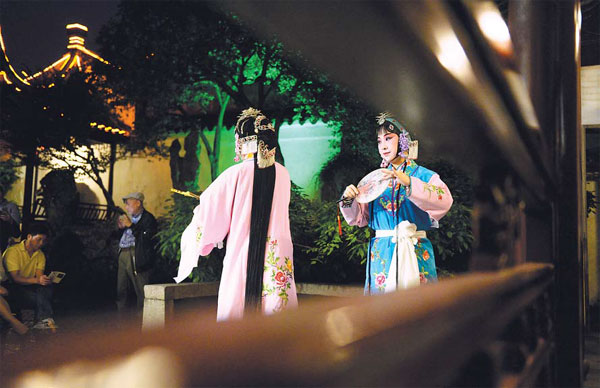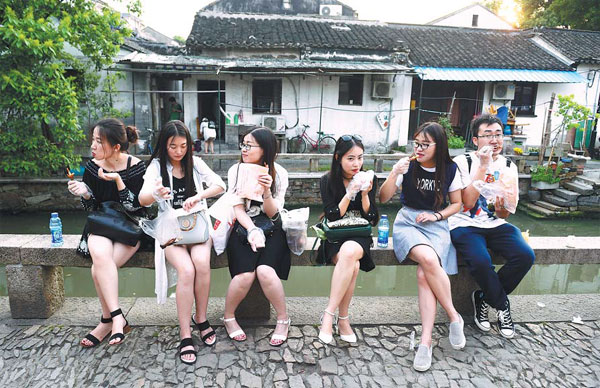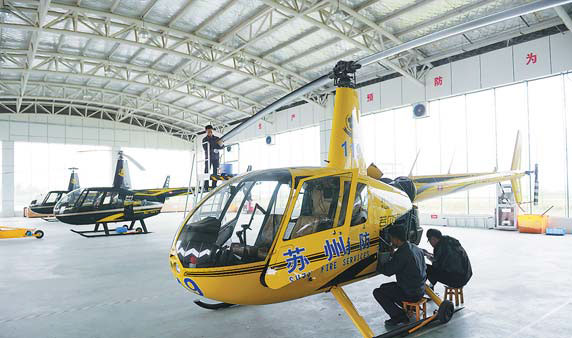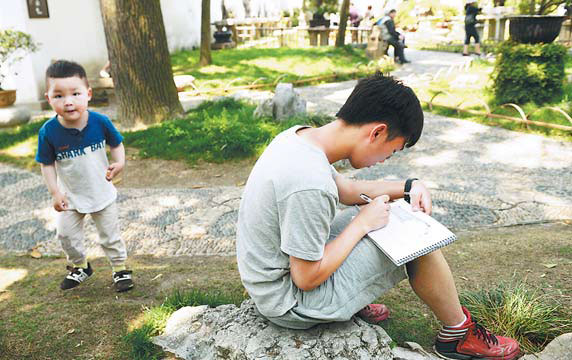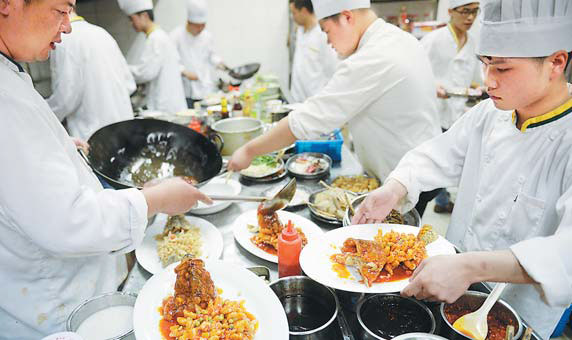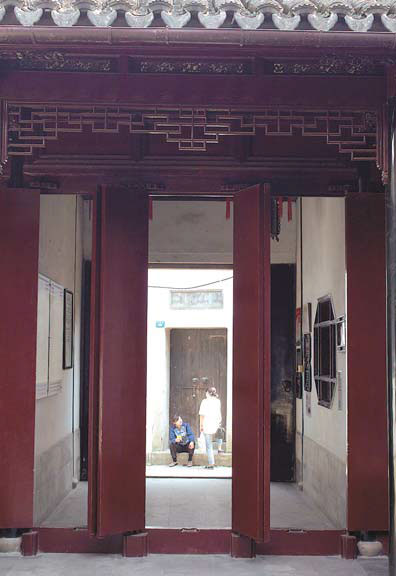Petal potions, whirlybirds and teatimes
Suzhou is expanding its tourism to go beyond sites to include experiences as it seeks to lure international tourists
See roses. Churn their petals into liquor. Get drunk.
Drink tea. Pluck it yourself. Get buzzed.
View an ancient city. Take a helicopter over it. Get high.
Suzhou is intoxicating.
And its tourism is looking up - and out - as it shifts from sites like gardens to activities like chopper rides and from courting domestic to foreign travelers.
It has developed a series of innovative activities, including China's first nighttime helicopter tours. Night owls board whirlybirds to soar over the city's glittering industrial park.
Simultaneously, the city in Jiangsu province is fervently courting foreign guests.
"International travelers don't realize there's an attractive city 85 kilometers from Shanghai," city tourism director general Zhu Guoqiang says.
Yet.
"We've devoted more resources to international than domestic tourism promotion in recent years."
The "Venice of the East" - so acclaimed for the canals that seam its ancient architectural and horticultural patchworks - commands a prominent place among Chinese travelers' must-gos. But Suzhou is barely a blip on the global tourism radar, he explains.
For now.
This is changing, partly because its social-media blitz has buoyed its tourism accounts to rank among China's cities as No 1 on Twitter and No 4 on Facebook, Zhu says.
"Suzhou doesn't have many mountains and rivers," he says.
"We offer lifestyle and culture."
Indeed.
Suzhou's charm is that of a place with a slow pace but also a vitality that mingles modernity and tradition.
The ancient settlement is among the country's best preserved.
Nine of its over 200 ancient gardens are UNESCO heritage sites.
The original moat has flowed for 25 centuries. Residents still drink from 6,000 of 20,000 ancient wells.
Other initiatives include hop-on, hop-off buses that connect dozens of sites along seven routes. They cost 15 yuan ($2) a day, or 25 yuan for two, and sell discounted attraction tickets. Over 400,000 people have jumped on board since the project began in September.
Wujiang district has opened a rose garden that goes beyond being a place to stop and smell the, well, you know. It's also an attraction where visitors take classes to make essential oils, meals and liquor from the blossoms. And it offers meditation and massages centered on the flowers.
Suzhou is shifting from a city where people visit places to a destination where they do things.
"China's tourism is transitioning from just sightseeing to experiences," says Liu Jie, vice-president of Ruoer General Aviation, which provides the helicopter tours.
The chopper rides, he says, enable them to do both in Suzhou, where there's more to see - and do - every day.
erik_nilsson@chinadaily.com.cn
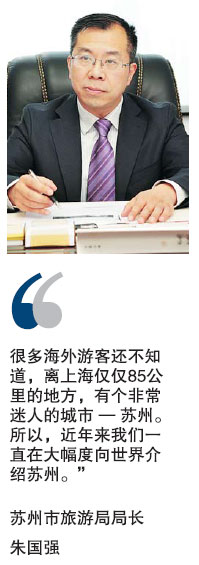
|
Tongli in suburban Suzhou is one of the ancient water towns in the Yangtze River Delta. Gao Erqiang / China Daily |
|
A Kunqu opera performance in the Master-of-Nets Garden. Wei Xiaohao / China Daily |
|
Visitors to Pingjiang Road in downtown Suzhou. Wei Xiaohao / China Daily |
|
Helicopter tour on the Taihu Lake. Wei Xiaohao / China Daily |
|
In the Humble Administrator's Garden. Wei Xiaohao / China Daily |
|
Suzhou fish dish. Wei Xiaohao / China Daily |
|
A household in Tongli. Gao Erqiang / China Daily |
(China Daily 06/24/2016 page38)


